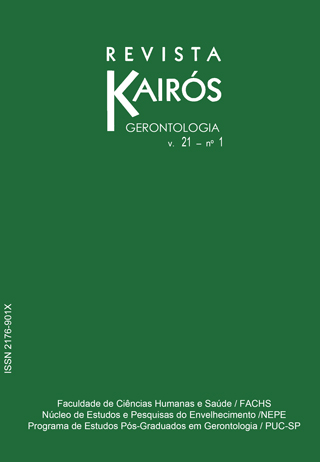Reações adversas a medicamentos na cavidade bucal de idosos
DOI:
https://doi.org/10.23925/2176-901X.2018v21i1p275-292Palavras-chave:
Reações adversas relacionadas a medicamentos, Idoso, Cavidade oral.Resumo
Os indivíduos com idade avançada consomem maior número de medicações e, como consequência, surgem reações adversas frequentes a essas drogas, inclusive na cavidade bucal. O objetivo é verificar as reações adversas na cavidade oral relacionadas aos medicamentos, a fim de que sejam diagnosticadas corretamente e se executem ações que as reduzam ou eliminem. Como metodologia, nesta revisão, foram buscados artigos originais relatando estas reações em idosos, em inglês, português e espanhol, publicados de 2000 a 2018, usando-se termos relevantes ao tema, publicados on-line nas bases de dados dos periódicos da CAPES. Os artigos foram selecionados após leitura dos seus títulos e resumos efetuando-se, a seguir, leitura completa dos mesmos. Os Resultados mostram que, entre os 12 artigos selecionados, tivemos: 6 (50%) sobre xerostomia; 2 (17%) com ulcerações orais consequentes ao nicorandil; 2 (17%) com osteonecrose da mandíbula (bifosfonato e bevacizumab, um em cada); e 1 (8,3%) com ageusia (associada a romidepsin); e 1 (8,3%) com candidíase (associada a corticoide inalatório). Concluiu-se que o idoso requer atenção redobrada durante as consultas médicas e procedimentos odontológicos, em razão da associação de diferentes doenças crônicas e o uso contínuo de diversas medicações. Há necessidade de maior número de publicações focando este tema neste grupo etário, principalmente naqueles indivíduos mais longevos.


